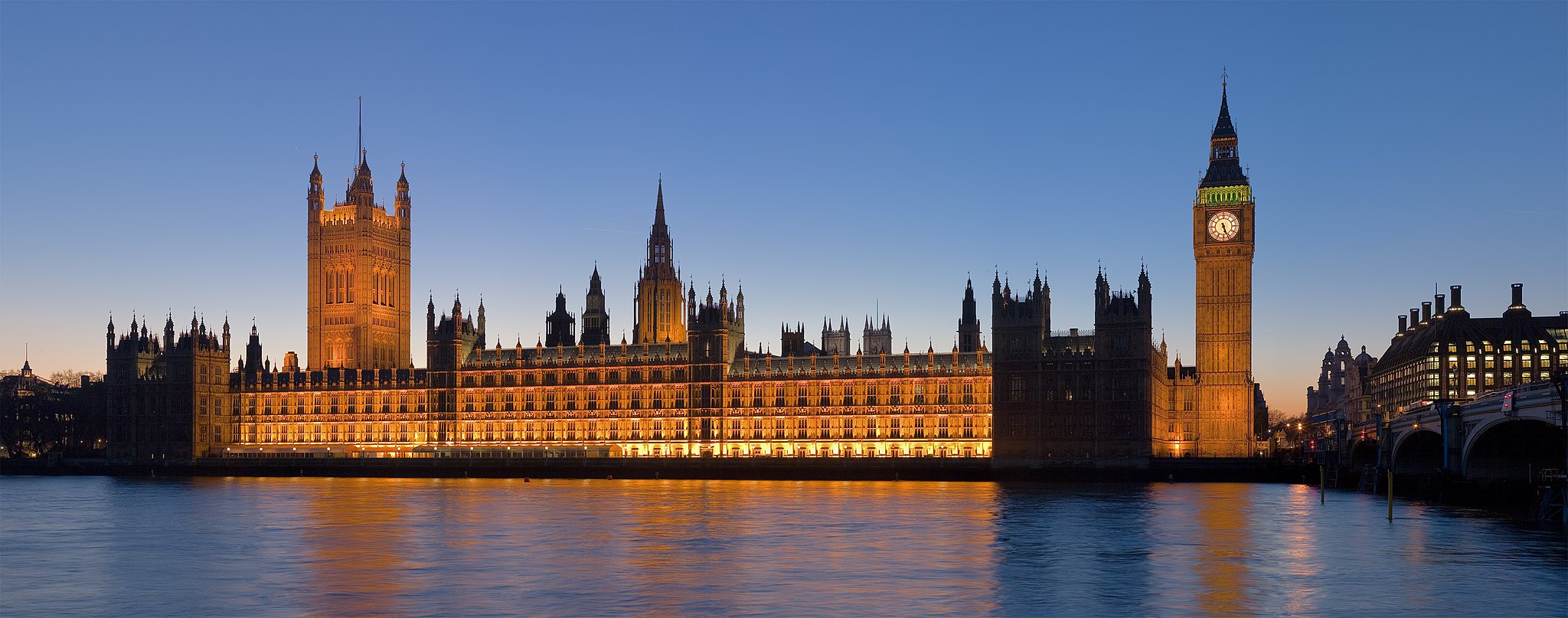Every child in the UK must be given the opportunity to learn how to measure how much energy it takes to heat up a kilogram block of aluminium by 1 degree. They must be given the opportunity to learn how to calculate the hypotenuse of a right-angled triangle and to read at least 15 poems by at least 5 different authors. But schools are under no obligation to explain what happens in a courthouse, what a trade agreement is, why there is war in Syria, how the European parliament operates or how a law is formed in the UK.

It takes time to change what we teach in schools. It was the Greeks who started teaching trigonometry and we haven’t given it up since. The Victorians made a substantial change from the Middle Ages, highlighting the importance of the natural sciences. The social sciences were coming into their modern forms at this time but struggled–and still do–to gain acceptance as proper, ‘hard’ subjects. Thus the Victorians handed down the idea of learning the cluster of maths, English, French, geography, history and science. This is what we call today, ‘the English Baccalaureate’, mistakenly thinking it sets a child up well for today’s world. Perhaps very different choices would serve many of us better; how about statistics, computer science, modern European history, material science, English, Chinese and genetics?
Another cause of our ossified curriculum is that the strict state-control of school curriculum. Ministers who themselves learned about trigonometry, thermal energy and poetry at school before meeting PPE (Politics, Philosophy and Economics) at Oxford, then go on to determine the curriculum for the next round of 10 million children, including children with learning difficulties, with social and emotional needs, children living in poverty, children who haven’t much of an idea of what a university is or what it does.
The result of this is that many highly creative, driven, intelligent and knowledgeable people have no idea how the European Union works. They don’t know that MEPS are elected by proportional representation or what a MEP’s main responsibilities are. But this lack of knowledge doesn’t coincide with a lack of firm opinion. We teach our kids to argue and assess them on “maintaining a consistent point of view”. So we may be dead set for or against belonging to the European Union, without being able to explain what control it does have over us, what its purpose is, how it was formed, what it has done well or how it should be changed. We haven’t learned that difficult scientific skill of setting our confidence in our opinions by the strength of our evidence. We are debating angrily instead of intelligently.
All of us, remain and leave.
One of the most intelligent comments I ever heard about Brexit was simply, “I didn’t vote because I don’t understand it.” The lady who spoke those words had little formal education but a wise humility. But our systems are structured so that this wisdom only closed her off from engaging with politics. Fencing off political knowledge and know-how from large sections of society simply cements social inequalities and injustices.
How strange is it that a child can leave school without knowing what a magistrates’ court is? That they don’t know who can be called to jury service? That they have no idea of how laws are passed or the difference between the two Houses of Parliament? That the topics of productivity, GDP, inflation, mortgages, business loans, equity, interest rates and pensions are not even touched upon at school? We’ve just got to keep calculating the lengths of the triangles, kids, to keep up with the Greeks!
